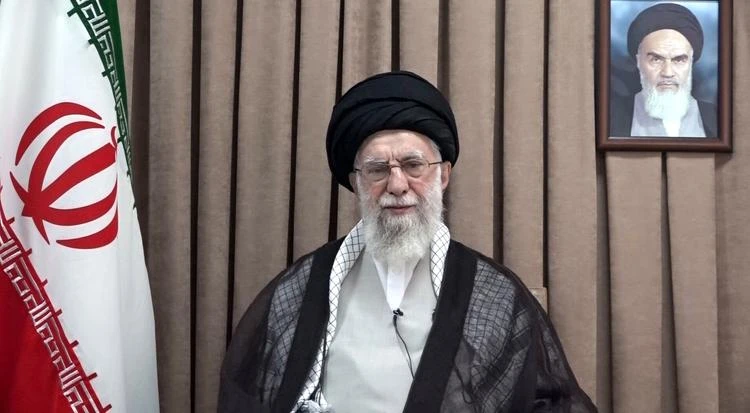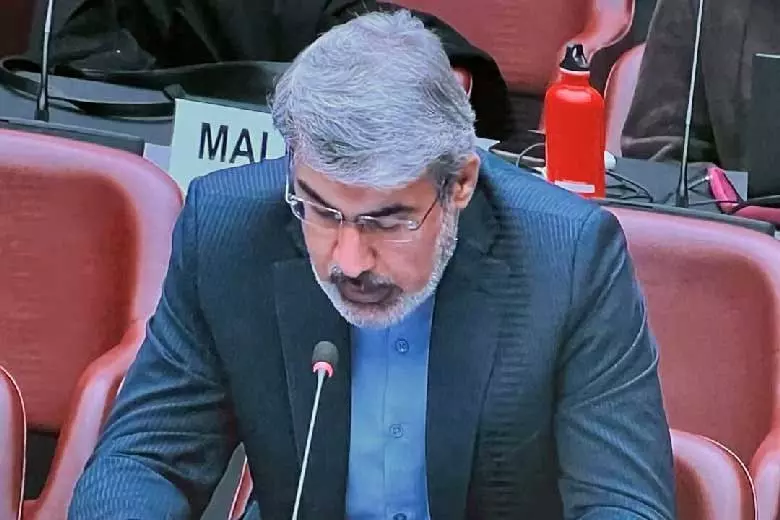Damascus: In a significant move toward greater cooperation, the Syrian government and Kurdish authorities in the country’s northeast have reached an agreement to begin evacuating Syrian nationals from the Al-Hol displacement camp—an overcrowded desert facility notorious for housing families linked to the so-called Islamic State group.
The camp, which shelters approximately 37,000 individuals—mostly women and children of suspected ISIS fighters—has long been a source of international concern due to the risk of radicalization and deteriorating humanitarian conditions.
Sheikhmous Ahmed, a senior official from the Kurdish-led administration, confirmed on Monday that the deal was brokered during discussions involving local leaders, representatives from Damascus, and members of the US-led coalition against ISIS. However, he noted that there was no consensus on whether the Syrian government would assume future control of the camp.
While Kurdish-controlled areas had previously facilitated the return of Syrian residents through reintegration centers, other regions of the country lacked such arrangements due to ongoing instability. That changed after President Bashar al-Assad was ousted in December, following a swift military campaign by opposition forces that ended 13 years of civil war.
The new evacuation deal aligns with a broader push for reconciliation and unity between Kurdish forces and Syria's transitional government. Earlier this year, interim President Ahmad al-Sharaa and SDF commander Mazloum Abdi agreed to integrate the Kurdish-led Syrian Democratic Forces into a unified national army.
As part of the arrangement, all key infrastructure in the northeast—including border crossings with Iraq and Turkey, airports, and vital oil installations—will come under central government authority. Washington has also urged Damascus to take control of detention centers holding some 9,000 suspected former IS fighters.
Though Iraq has made progress in repatriating its citizens from camps like Al-Hol and the smaller Roj camp, many other nations remain hesitant to bring their nationals home. The latest deal marks a step toward resolving one of the most complex humanitarian and security challenges remaining from the ISIS era.








